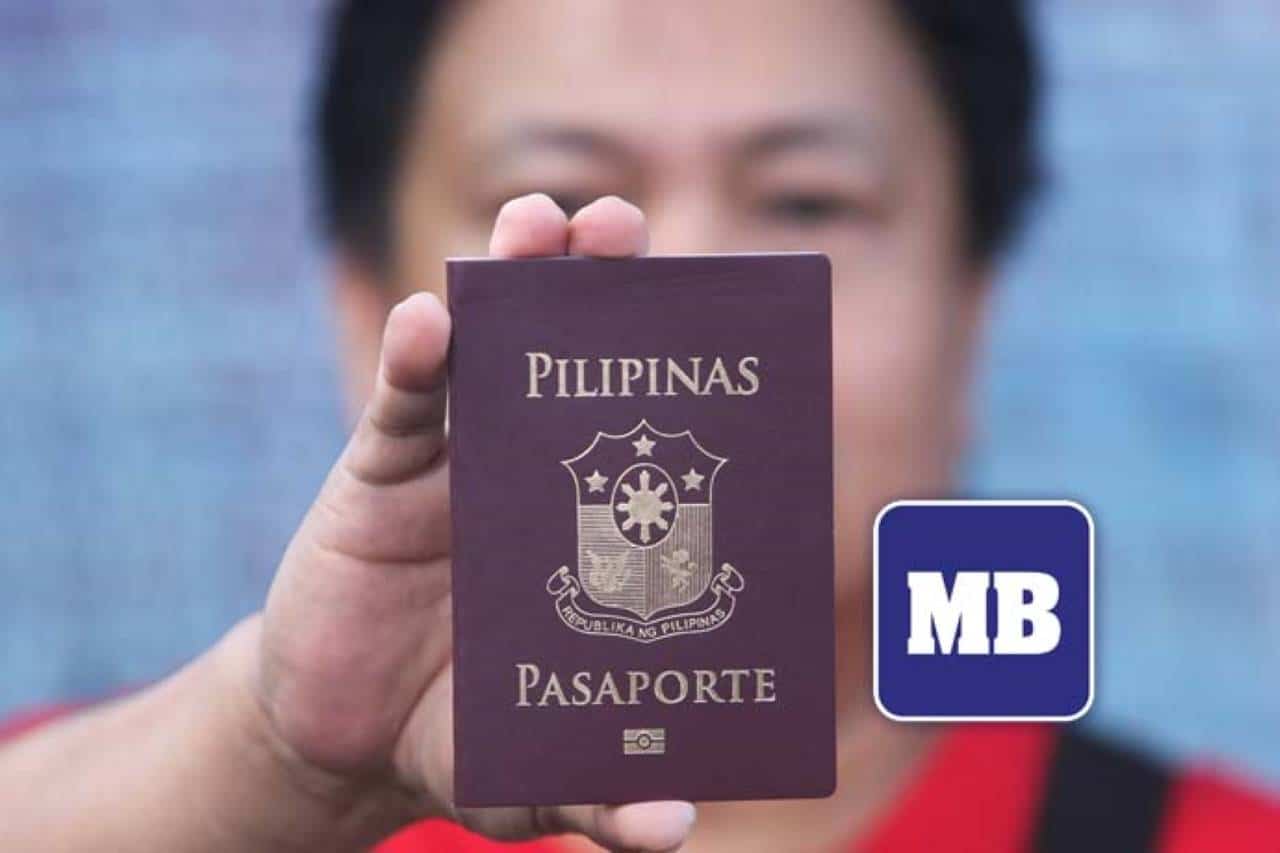PBBM inks new passport law on online application, one-stop process
By Raymund Antonio and Raymund Antonio
President Marcos signed into law Republic Act No. 11983, which will provide a new passport law in the country for the establishment and maintenance of an online application portal, as well as offsite and mobile passport services for Filipinos abroad.
 Philippine passport (Jansen Romero/MANILA BULLETIN)
Philippine passport (Jansen Romero/MANILA BULLETIN)
The “New Philippine Passport Act”, signed on Monday, March 11, will repeal Republic Act No. 8239, or the “The Philippine Passport Act of 1996,” the Presidential Communications Office (PCO) said in a statement.
Under the new passport law, the Department of Foreign Affairs (DFA) is mandated to establish and maintain an online application portal and Electronic One-Stop Shop on its official website.
It also authorizes the DFA “to provide offsite and mobile passport services in areas outside of the consular offices and foreign service posts (FSPs).”
Furthermore, the new law addresses the passport issuance problems encountered by senior citizens, persons with disabilities, pregnant women, minors aged seven years old and below, solo parents, and overseas Filipino workers (OFWs) as it mandates the DFA to “arrange accommodations” for the application of regular passports under these categories.
The law also covers the regular-passport applications of individuals with emergency and exceptional cases.
Penalties concerning the application for new passports, use and handling of passports, and forgery were also addressed in the new law.
According to the new passport law, any person or entity without legal authority who confiscates, retains, or withholds any passport issued by the DFA shall suffer the penalty of imprisonment of not less than 12 years and shall pay a fine of not less than P1 million, but not more than P2 million.
Individuals found to have forged passports and those who improperly use passports and other travel documents will face six to 15 years of imprisonment and a fine of not less than P100,000 but not more than P250,000.
Violators will also face six years of imprisonment but not more than 12 years of imprisonment and a fine of not less than P100,000 but not more than P250,000 for offenses relating to passport issuances.
The new law also provides that personnel found guilty of unfair and discriminatory practices in passport issuance will face suspension and dismissal from services, as well as fine of up to P250,000 and a maximum of six years imprisonment.
The “New Philippine Passport Act” takes effect 15 days following the completion of its publication either in the Official Gazette or in a newspaper of general circulation.